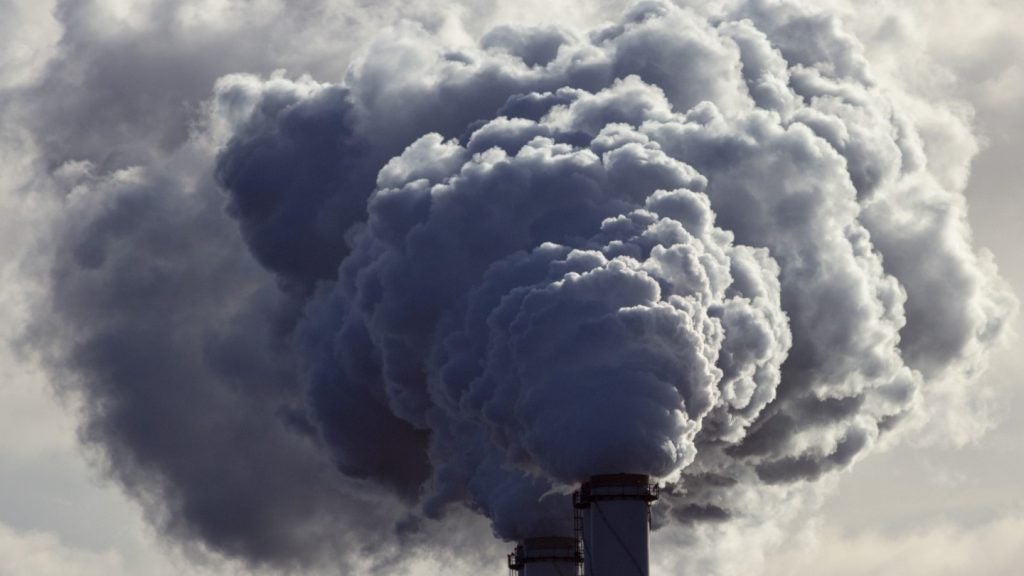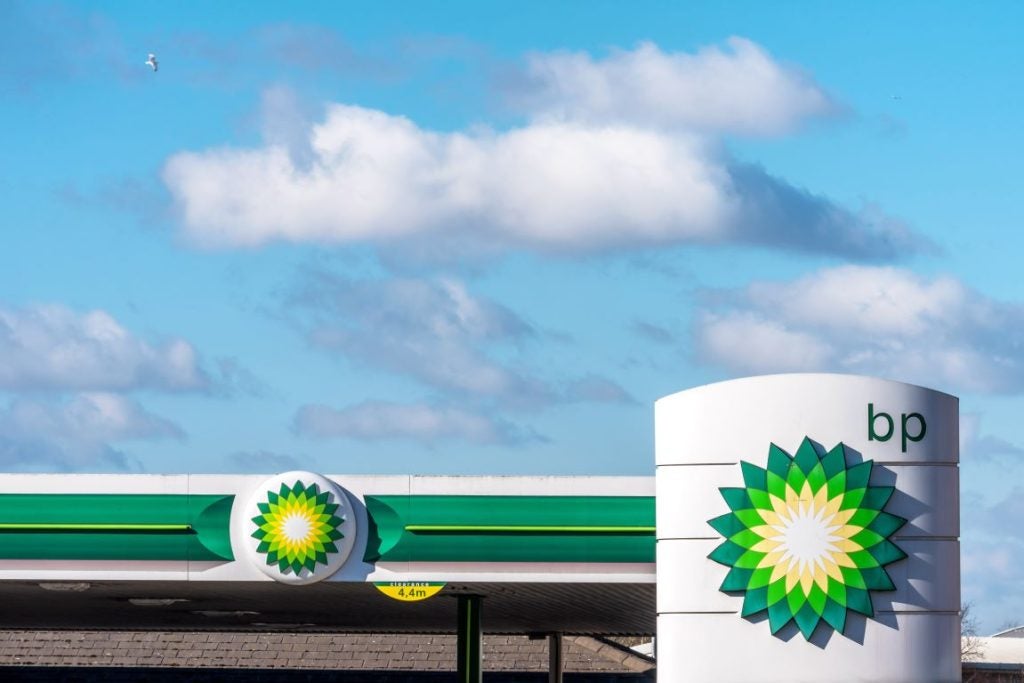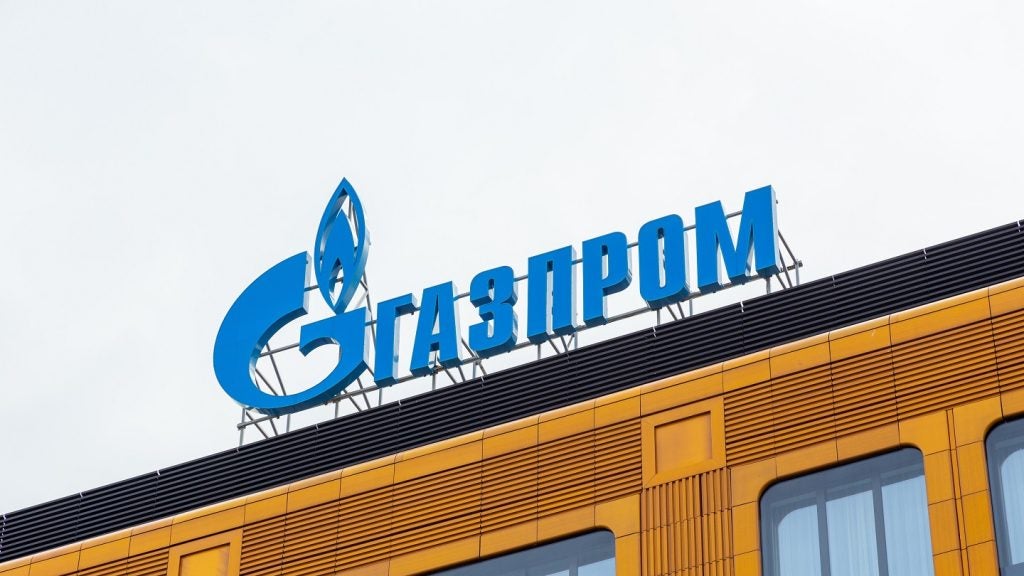22 April
If the economic outlook is so dark, why are global equities rallying?
This was the question posed by Deloitte’s chief economist Ian Stewart.
He said of investors: “Their renewed enthusiasm for equities seems to be predicated on the idea that it is unwise to fight central banks – if central banks want to raise asset prices they have infinite ability to create money, and to make it happen.
“The hope, too, is that easier monetary and fiscal conditions will ensure that the slowdown is short-lived and that activity, and profits, will bounce back next year.”
Goldman Sachs senior advisor Steve Strongin has commented on the pattern of economic recovery post coronavirus.
“The initial recovery will be swift in the parts of the economy that are easier to restart, such as manufacturing. The transportation sector will bounce back—albeit from record-low levels—although activity isn’t likely to reach pre-crisis levels.
How well do you really know your competitors?
Access the most comprehensive Company Profiles on the market, powered by GlobalData. Save hours of research. Gain competitive edge.

Thank you!
Your download email will arrive shortly
Not ready to buy yet? Download a free sample
We are confident about the unique quality of our Company Profiles. However, we want you to make the most beneficial decision for your business, so we offer a free sample that you can download by submitting the below form
By GlobalData“Meanwhile, regions with less community virus spread are likely to reopen sooner than in places that have been hit hard. In addition, the cities where restrictions were the greatest will see the sharpest rebound.
“It’s likely that the overall level of output remains lower than pre-crisis levels for some time.”
JP Morgan’s Alex Dryden has been looking at why oil prices turned negative and what the future holds.
“Oil contracts settle physically, meaning individual buyers must take possession of the commodity upon settlement and pay all associated storage costs, which are often expensive. Spot oil prices and near-term contracts have turned negative because oil holders are willing to pay investors to take the commodity off their hands to avoid those expenses.
“The oil futures curve is currently in ‘super contango’ whereby the implied oil price of near-term contract may be very low but the market is implying a price for WTI of 35 USD a barrel one year from now.
“As a result, it seems safe to say that the pressure of negative oil prices will not be in place forever.”






